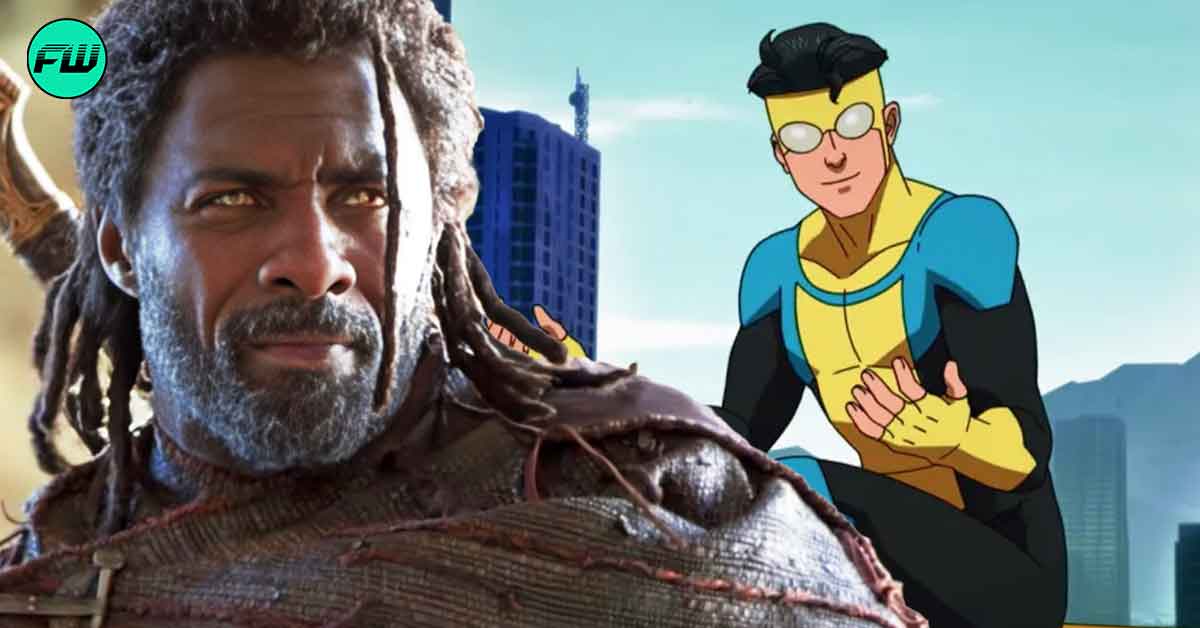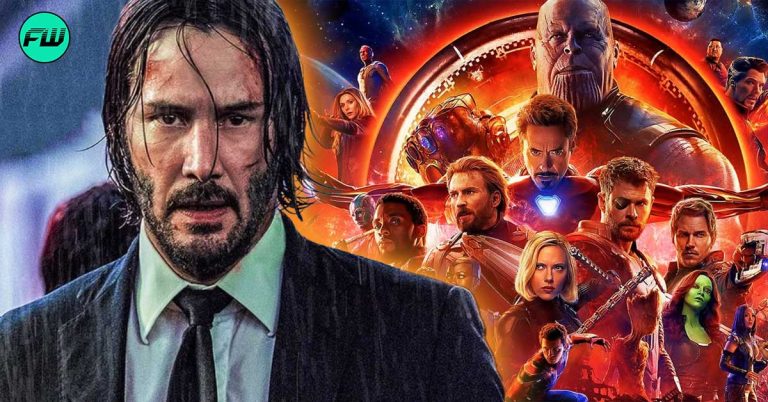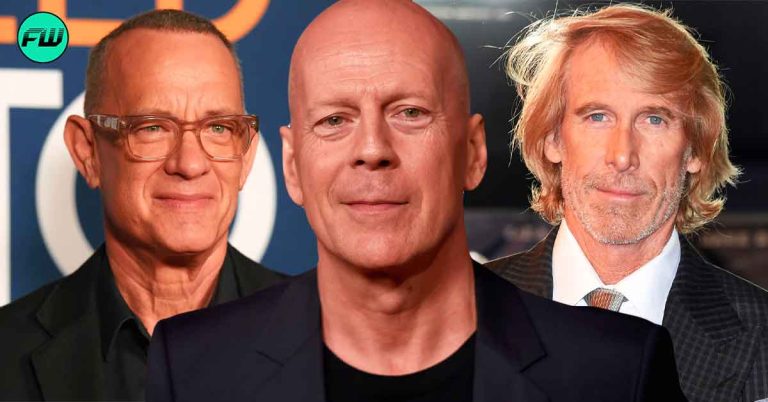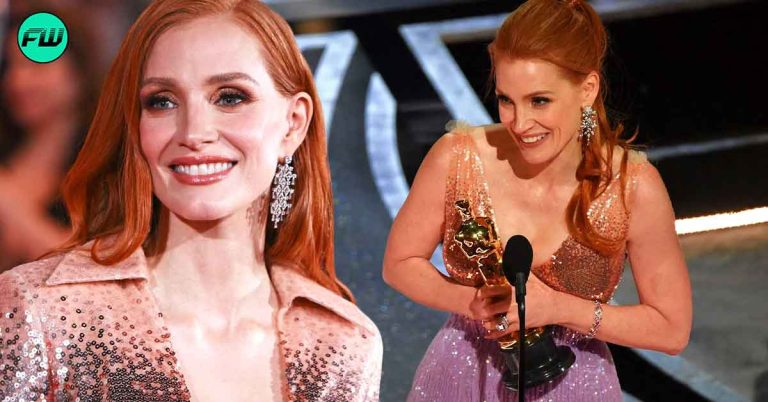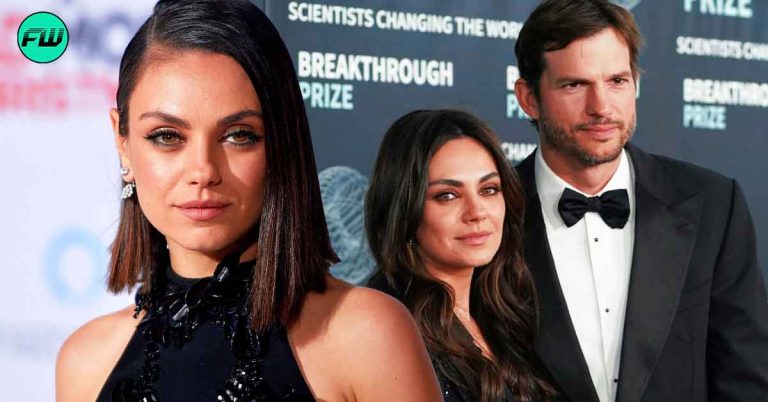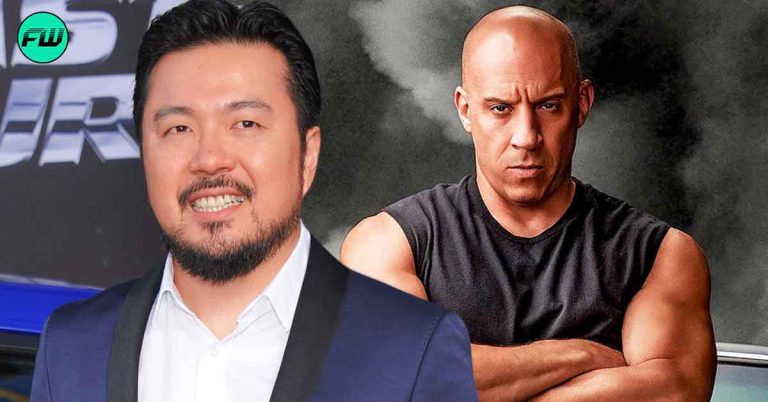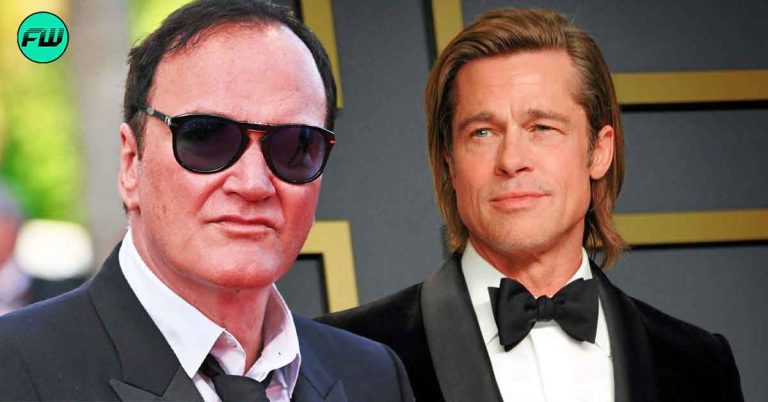In light of the “real lack of diversity” in the Invincible comics, Robert Kirkman made it a priority to focus on representation, particularly concerning the main characters, in the animated series. Invincible Season 1 faced criticism from some fans when the character William Clockwell’s story arc about coming out as gay.
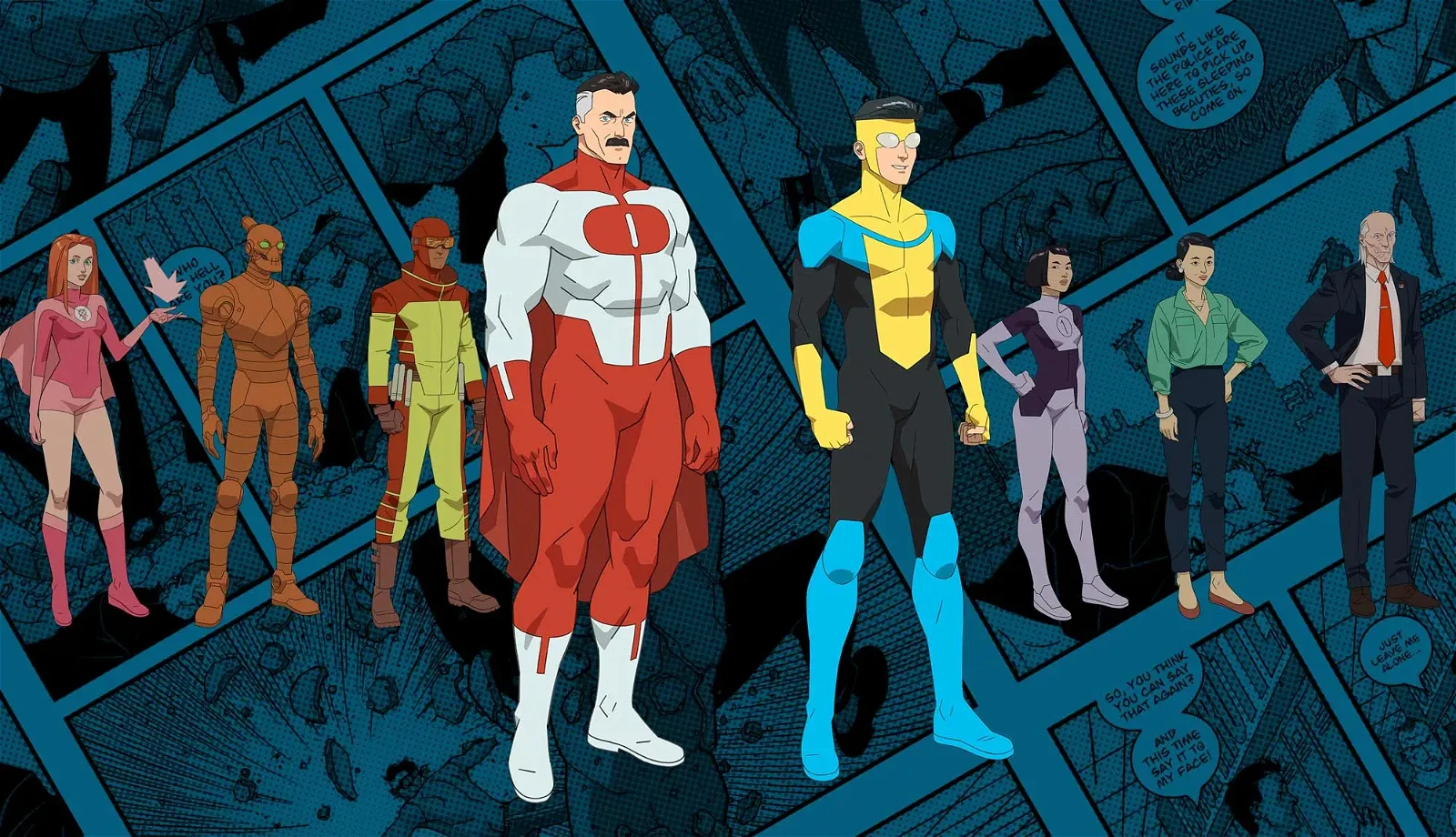
It was more extensive in the comics, and was condensed in the series. This raised concerns among the fanbase regarding the representation not being prominently highlighted. However, as the show continued, representation began to take a more prominent role, addressing the initial concerns.
Robert Kirkman Explains Why Representation Matters
During a TV Guide interview, Invincible creator Robert Kirkman elaborated on the decision to race-bend the main characters in the show and emphasized the importance of representation in the series.
The Invincible series introduces notable race changes compared to the comics. Mark Grayson, who had an ambiguous race in the comics, is portrayed as Korean American in the show. Additionally, Mark’s girlfriend, Amber Bennett, is African American in the series, contrasting her Caucasian portrayal in the comics. Furthermore, Mark’s mother, Debbie, is depicted as Korean in the show, diverging from her original white representation in the comics.

“[Representation is] something that’s been really important to us. We have to recognize that a couple of dumb white guys made this comic book in the early 2000s. And there was a real lack of diversity in that series,” Kirkman said.
According to the Invincible creator, the deliberate ambiguity of Mark’s race in the comics allowed for broad identification with the character, as it enabled “everyone” to connect with him. Kirkman further emphasized that the ability to promote representation in Invincible through decisions like race-bending offers fans a more profound and meaningful way to see themselves within the series.
Representation Has Become Crucial To Invincible’s Success
Robert Kirkman’s unwavering stance on prioritizing representation in Invincible plays a pivotal role in the show’s ongoing success. By race-bending its main characters, the series has provided fans with various avenues to connect and relate to the characters, thus propelling the narrative forward. The commitment to representation is not only a testament to the show’s inclusivity but also a driving force in its appeal to diverse audiences.
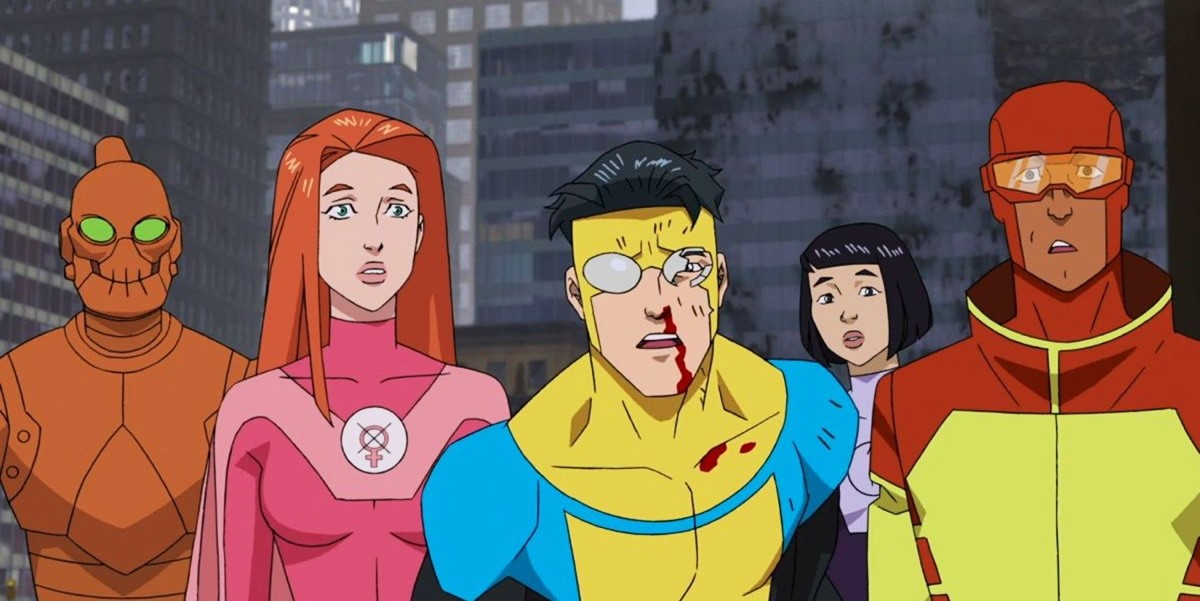
Mark Grayson’s immigrant background, though not explicitly mentioned, represents a significant departure from the comics that the show deftly utilizes to its advantage. The Season 1 finale brought about a poignant clash between father Nolan and son Mark, resulting in an eventful and emotional fight. In the end, Mark’s love for his family became a powerful reminder that left a lasting impact on the audience.
A compelling perspective suggests that Mark’s compassion stems from his deep love for his human mother, which explains why he chose to respond with understanding and empathy instead of resorting to an all-out fistfight. The influence of Debbie, and the shared Korean heritage between them, served as a powerful anchor, guiding Mark to make the right decision in the climactic moment.
Invincible Season 2 will release on November 4 on Prime Video.
Source: The Direct

